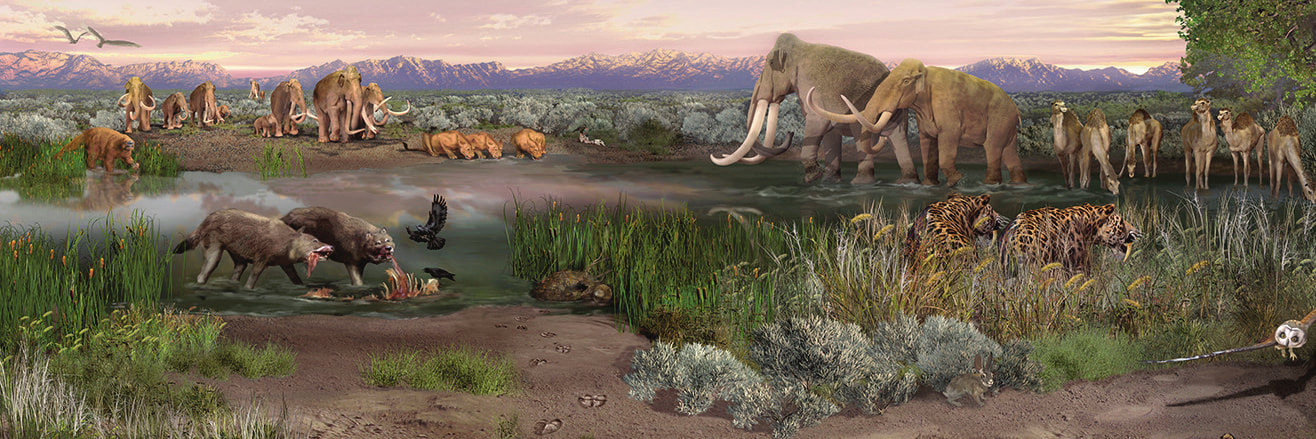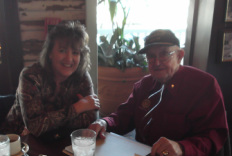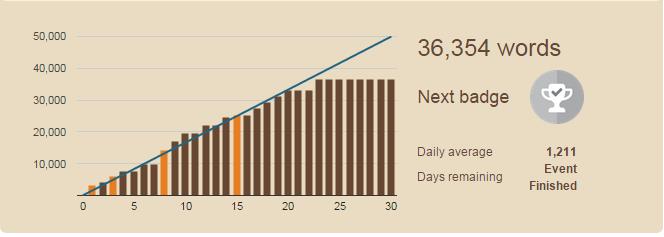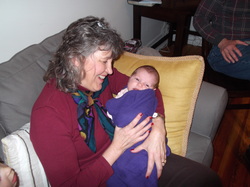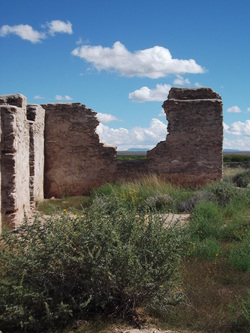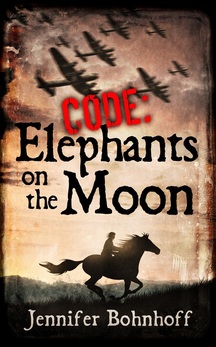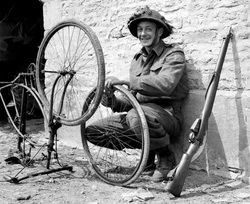When most people think November, they think Thanksgiving.
I've competed in NaNo many times in the past, sometimes on the regular NaNo site and sometimes as a teacher/mentor in their Young Writers Program. I don't think I've ever actually won. Most years I finish in the mid 30,000 range. Each year, including this year, I think will be different.
Whether or not I win this year, it WILL be completely different, because I'm writing about a time period that is very different than anything else I've done in the past. I'm writing about Folsom man in New Mexico.
I started thinking about Folsom man in New Mexico years ago, when I first started teaching New Mexico history. I knew nothing about ancient New Mexico. Heck, I didn't know that much about recent New Mexico history. But Patrice Lewis, an experienced and excellent teacher, took me under her wing. She taught me a lot of history - and she taught me a lot about teaching as well.
| | Patrice and I went to Wild Horse Arroyo, the site near Folsom where the bones had been found. The site is on private land and is inaccessible to the public except during biannual guided tours led by state archaeologists. |

But the tour guide was also a great story teller. We stood around by the side of his truck as he explained not only what had been found at this particular location, and the circumstances that led to the discovery, but what the people who had lived here thousands of years ago had been like.
By the time we were driving back to Albuquerque, ideas were swirling around in my mind.




